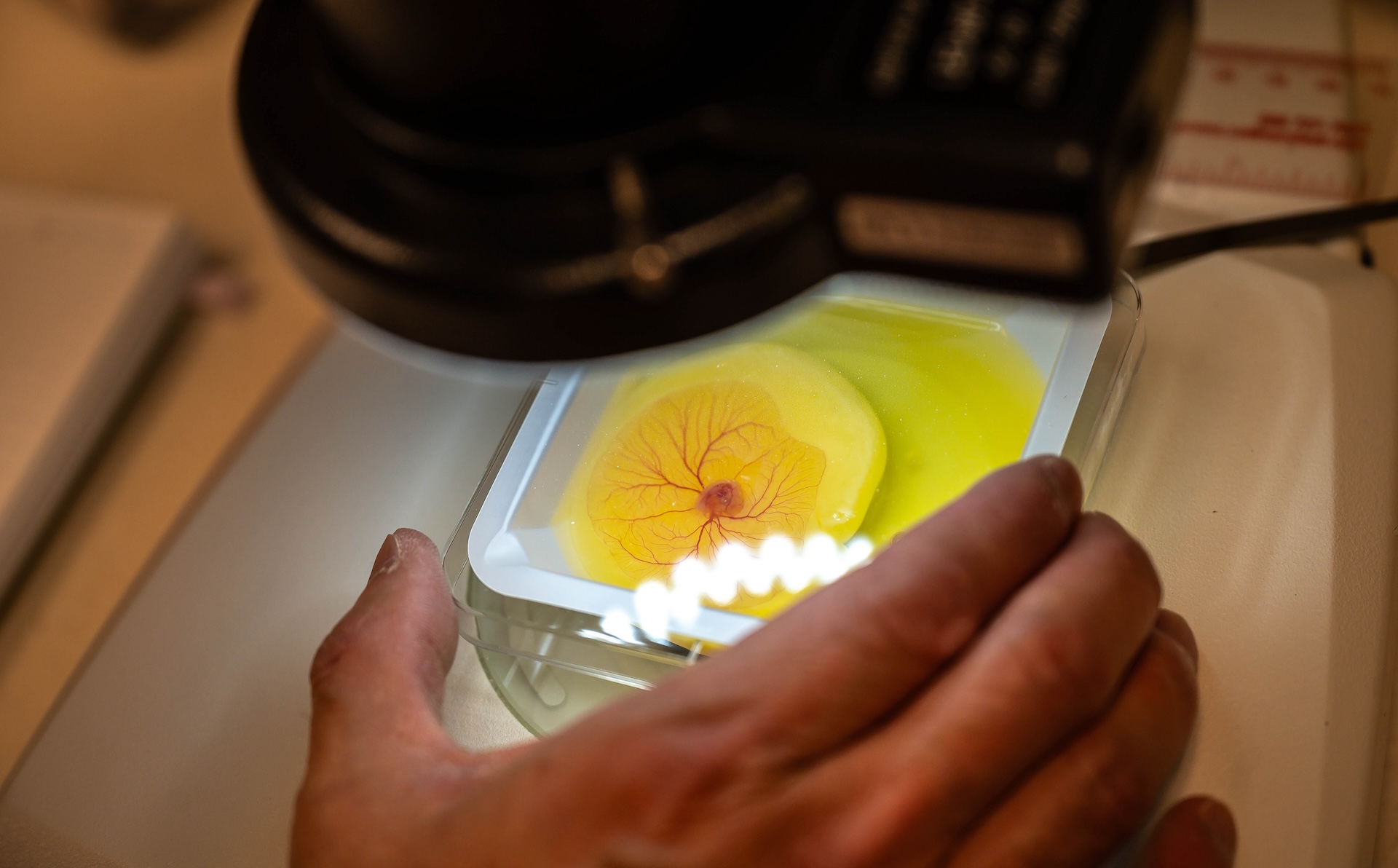Sustainability and Climate Action
-

UBC researcher brings clean water home to Kenyan school
For Dr. Paul Onkundi Nyangaresi, a postdoctoral researcher at UBC’s faculty of applied science who led the project, it’s more than a professional achievement; it’s personal.
-
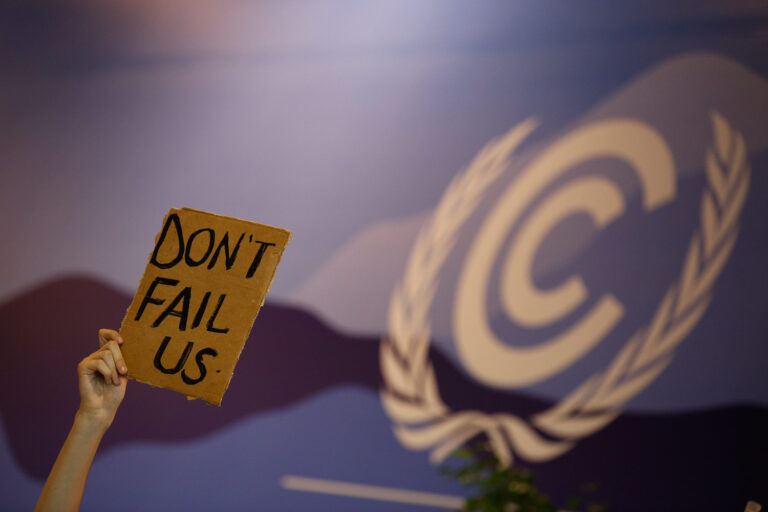
What to expect from the UN climate conference dubbed the ‘finance COP’
Dr. Simon Donner outlines the hopes and challenges of this year’s conference.
-
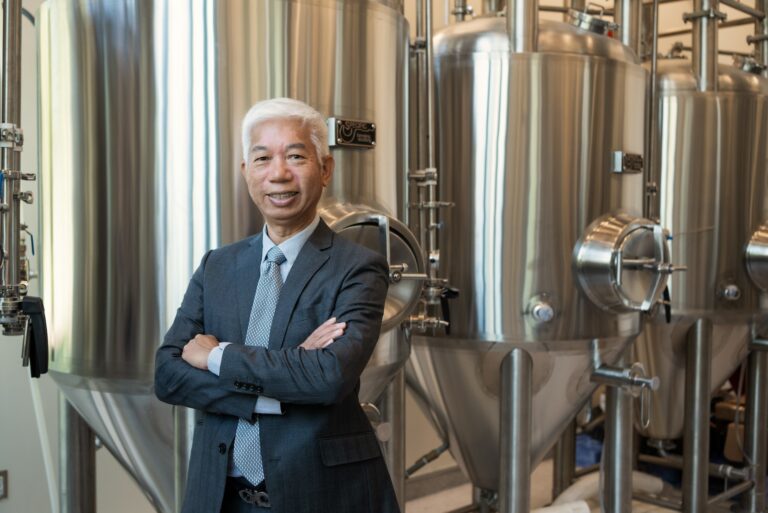
$7-million donation from Dan On Foundation seeds the future of food innovation at UBC
The centre will help the agri-food industry in B.C. and beyond by providing access to state-of-the-art technologies and facilities.
-

Hydrogen is touted as a climate solution, but can it be good business?
According to new research, hydrogen’s commercial success hinges critically on innovation, strategic government policies, and long-term contracts to ensure cost-effective production and scalable trade.
-

Renewable energy is more popular than politicians realize
A researcher at UBC’s school of community and regional planning discusses why U.S. policymakers’ attitudes towards renewable energy projects are a problem, as well as parallels to the Canadian context.
-
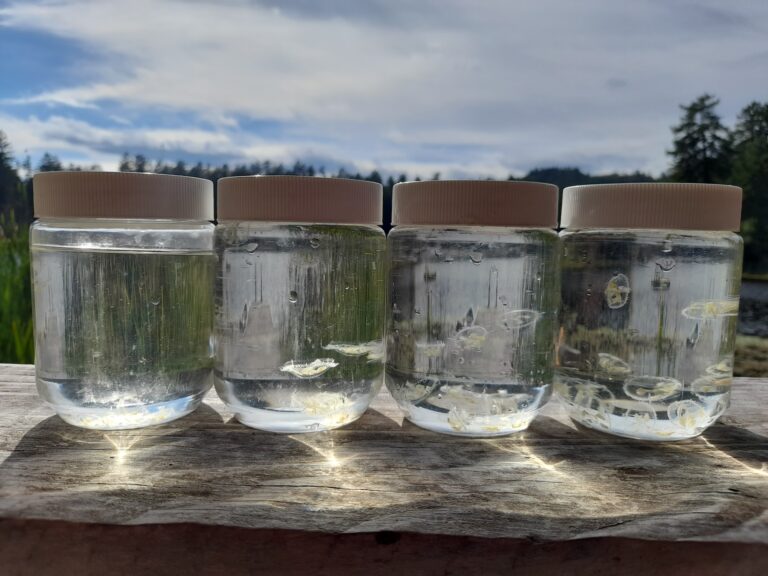
Thousands of jellyfish clones are multiplying in B.C. lakes
The peach blossom jellyfish clones have been spotted in 34 places in B.C., its furthest northern range in North America, and a recent paper predicts sightings and the number of locations will increase by the end of the decade as climate change extends this range.
-

How much microplastic are you drinking? New UBC tool can tell you in minutes
The tool uses fluorescent labeling to detect plastic particles ranging from 50 nanometres to 10 microns in size and delivers results in minutes.
-

Smell reports reveal the need to expand urban air quality monitoring, say UBC researchers
UBC researchers analyzed 549 reports from the Smell Vancouver app and discovered that “rotten” and “chemical” odours dominated.
-
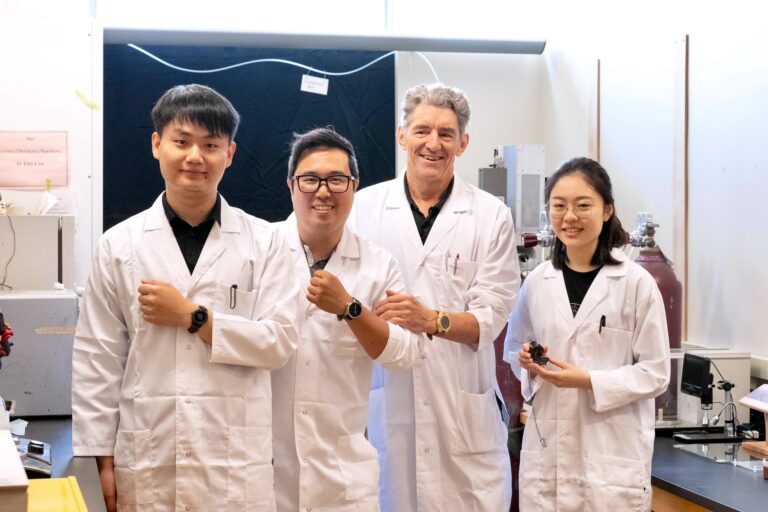
UBC super-black wood can improve telescopes, optical devices and consumer goods
By sheer accident, UBC researchers created a new super-black material that absorbs almost all light and trademarked it as Nxylon.

